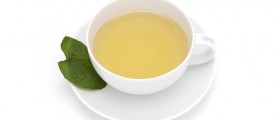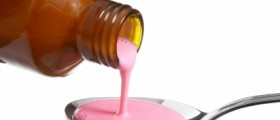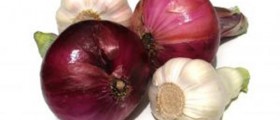
We will focus on the plant called mullein and we will see what benefits are associated with it. It comes from the figwort family of Scrophulariaceae, which consists of more than 250 species of plants. This genus comes from Asia and Europe, but today we can get it all around the world. It can be grown on waste or barren grounds and it can adapt to different environments, but it prefers sand or gravel.
Medicinal Uses
You can see the mullein plant most likely on a neglected pasture, roadsides and industrial areas as a weed. It has gray silver leaves with long flower spikes. It feels velvety on touch because of the soft hair that covers the plant. There are many uses of this plant in alternative medicine, mainly due to the presence of hesperidin and coumarin, which are the most important ingredients of this plant. Tracheitis, bronchitis and other respiratory tract disorders can be treated with it along with congestion and coughs. It can sooth irritated mucus membranes and also help with the mucus removal and discharge. The mucus cells produce fluid and this production can be stimulated with the mullein due to its anti-inflammatory abilities, that will decrease inflammation as well. It can eliminate problems such as tuberculosis, whooping cough, bronchitis, asthma induced dry cough. It has narcotic and sedative properties and can be used for the treatment of bladder infections and irritations. The soothing effect of the tea made from mullein will help with problems such as, kidney infection, coughs, colds, chest pain, sore throat and migraines. You can make a poultice out of leaves of mullein and milk to treat skin ulcers, chilblains, carbuncles, hemorrhoids and boils. Also extract of this plant will help with constipation and painful urination and it has great effect on harmful diseases and infections. If the roots are used for the production of a decoction, you can use it for convulsions, cramps and toothaches, but if you consume a mix of mullein herbs, you can treat bowel bleeding, lungs bleeding, diarrhea and chest pain. Also, you can make a poultice from this plant and cure minor sunburns, swelling, rashes and burns.
Other Uses
It can be used as an insecticide due to the presence of the rotenone compound.







-Help-Treat-Your-Cold-Or-Flu_f_280x120.jpg)








Your thoughts on this
Loading...